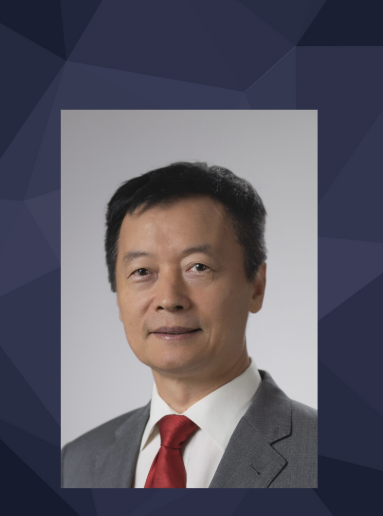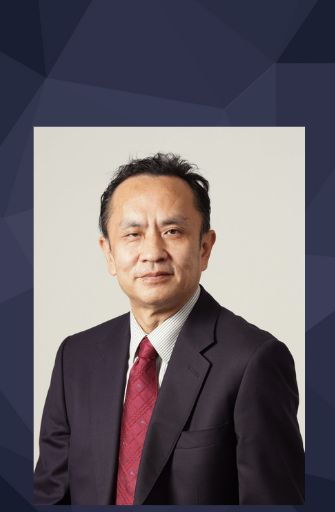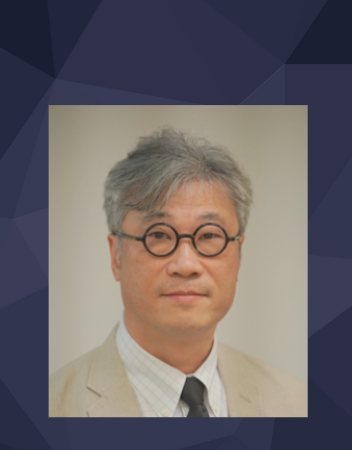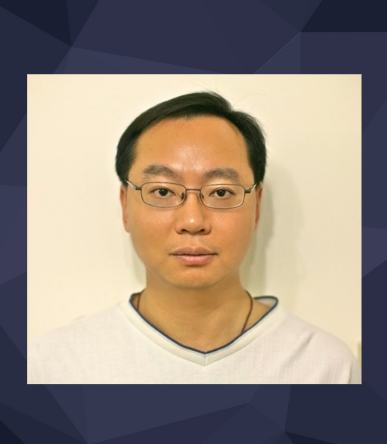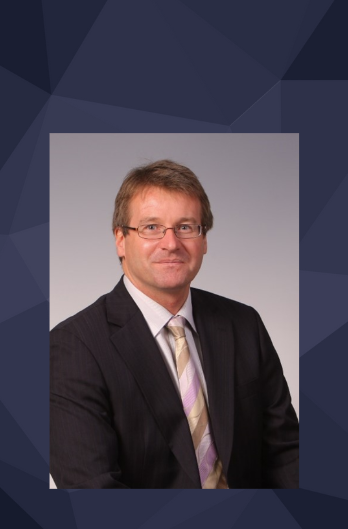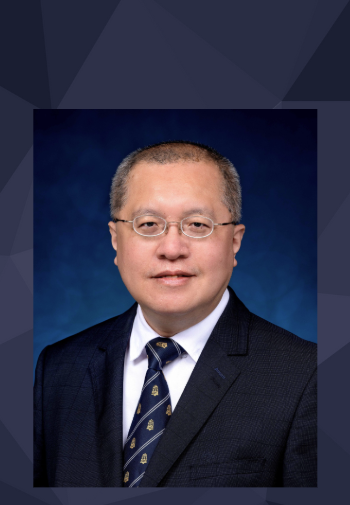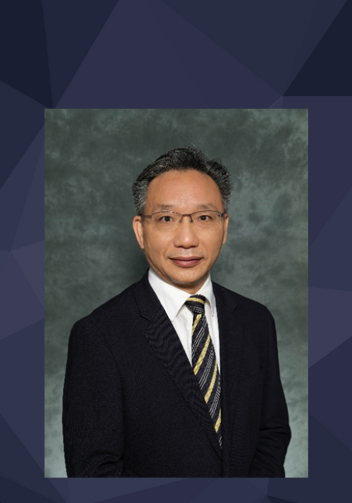HKAE TechTalk – Breakthroughs from ChatGPT to DeepSeek and Higher Education Revolution
February 28, 2024 (Tuesday) 4:00-5:00pm
The rapid development of generative AI has ignited a new wave of technological innovations. Breakthroughs like ChatGPT and DeepSeek are opening doors to democratize and accelerate adoption across various industries and countries. This new era presents both challenges and opportunities for institutions of higher education, such as Lingnan University, where research and creativity are integral to daily life. The university acknowledges that knowledge is dynamic and evolving, not static, and disruptive technologies can displace existing professions while creating new ones.
Several open questions to be addressed include:
• Breakthroughs from ChatGPT to DeepSeek
• How will generative AI affect the curriculum?
• What education subjects would be sustained or diminished?
• How can we help students enhance critical thinking skills with generative AI?
• How does the digital revolution affect higher education in terms of skills-based and holistic education?

